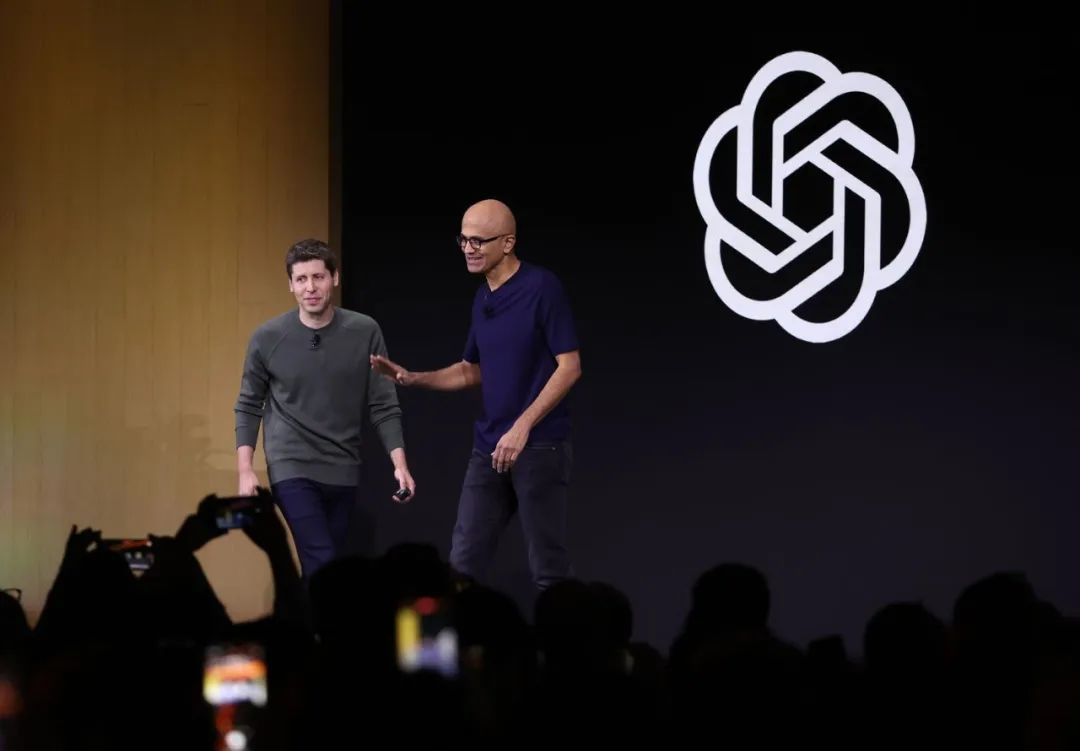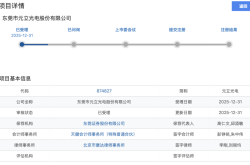If funds cannot be raised within 3 years, Microsoft will acquire OpenAI at zero cost
![]() 10/10 2024
10/10 2024
![]() 467
467

Editor: Yuki | ID: YukiYuki1108
According to the latest report from Forbes, Microsoft is expected to complete the acquisition of OpenAI, the developer of ChatGPT, within the next three years. In an interview, Ben Wood, Chief Analyst at CCS Insight, pointed out that as the hype around AI gradually cools, some major adjustments will take place in the industry.
While there is still debate about the sustainability of AI, analysts generally agree that the AI boom is rapidly fading. In this context, resource-rich giants like Microsoft and Amazon may start acquiring innovative but cash-strapped AI startups such as OpenAI and Anthropic.
Wood emphasized that many AI companies may start considering the feasibility of continuing to operate independently, and at the same time, these companies require significant financial support as investor interest may gradually shift away from AI. He added that although OpenAI's recent funding round indicates strong investor interest in AI innovation, this may change in the coming years.
Microsoft is seen as a strategic acquisition target for OpenAI, especially given that its Copilot AI chatbot relies on OpenAI's technology. Wood noted, "For Microsoft, full control over OpenAI can ensure its continued dominance in future business development."
Historically, Microsoft has shown a keen interest in investing in AI, with an early involvement in OpenAI. Microsoft's invitation to Sam Altman and Greg Brockman to lead its newly established AI division was particularly pivotal.
Although Microsoft currently holds a 49% stake in OpenAI's profitable division, it still considers OpenAI an important partner. This year, the tech giant briefly surpassed Apple in market capitalization, reaching $3 trillion, making it the world's most valuable company. Market analysts generally predict that Microsoft will maintain this leading position for the next five years.
Microsoft's partnership with OpenAI has not only attracted investor attention but has also triggered antitrust scrutiny. However, it is currently believed that Microsoft's investment does not constitute a hostile takeover of OpenAI, and Microsoft does not have the right to interfere with OpenAI's decision-making.
Despite facing financial difficulties, with projected losses of up to $5 billion in the coming months, OpenAI successfully raised $6.6 billion in this funding round, supported by investors including Microsoft, NVIDIA, and Thrive Capital, pushing its valuation above $157 billion. Apple's withdrawal from the funding round may be due to its focus on an AI development strategy centered on privacy and security.
Despite significant challenges, OpenAI has won the trust of investors and is seen as a potential global leader in AI. To sustain operations, OpenAI needs to achieve profitability within the next two years or risk having to return substantial funding. This complex situation may ultimately prompt OpenAI to seek higher investment returns and increase subscription prices for its AI services.
As the AI hype cools, large companies like Microsoft and Amazon are expected to start acquiring resource-constrained AI innovators. Analysts note that while investor interest in AI innovation remains strong, this may change in the future. Full control over OpenAI can ensure Microsoft's technological advantage and elevate its strategic position in business development. Maintaining a leading position in an increasingly competitive market requires significant funding and a clear strategic direction.






